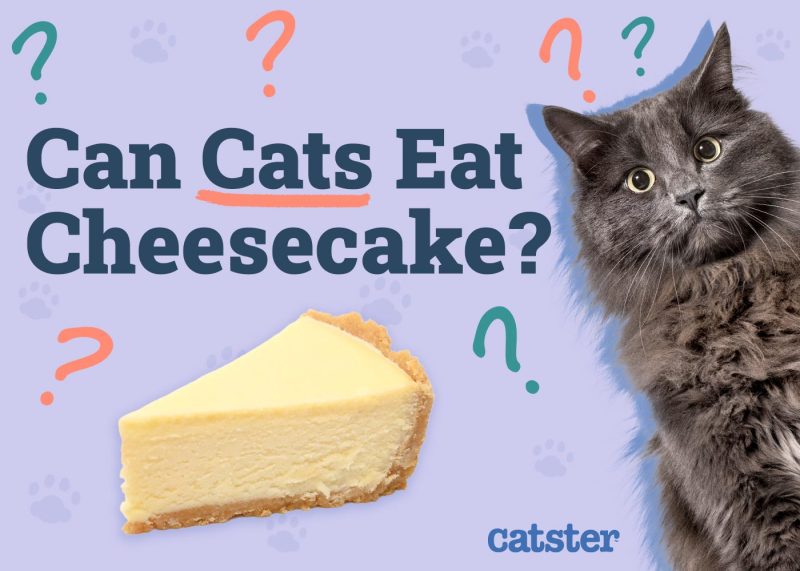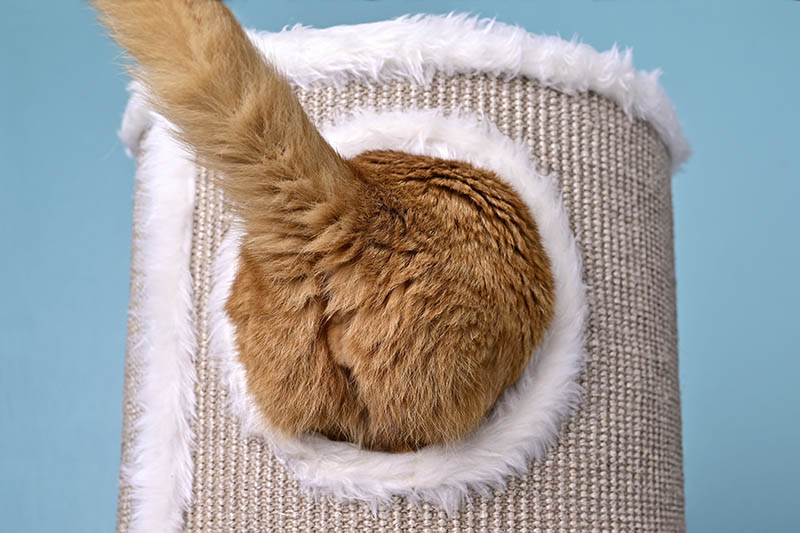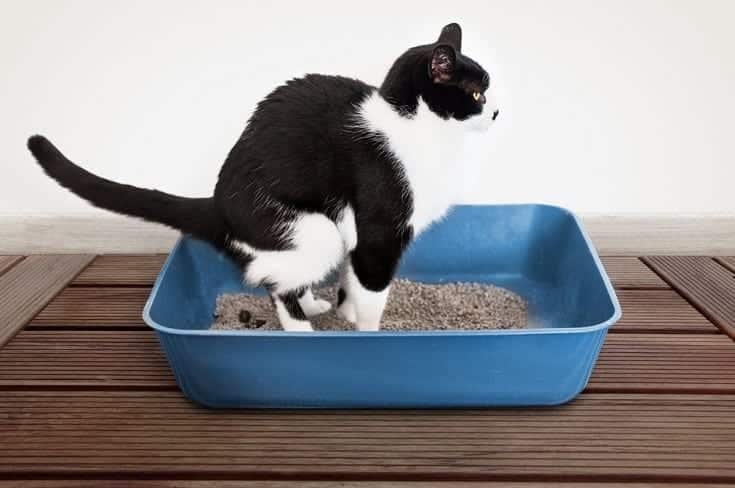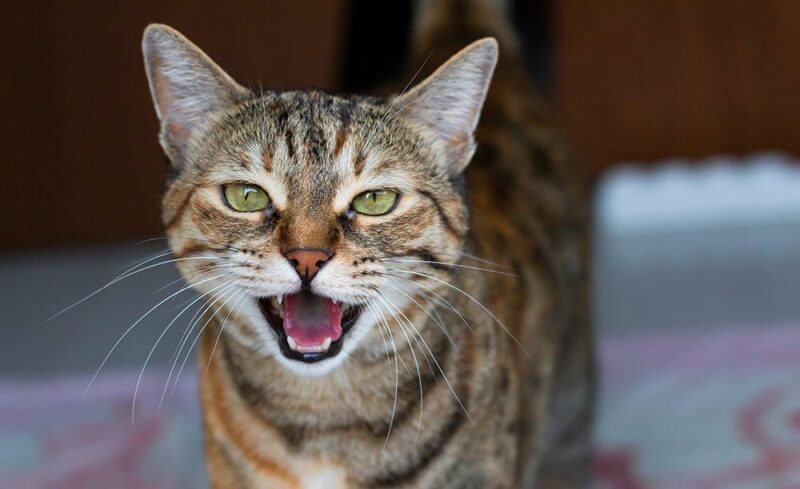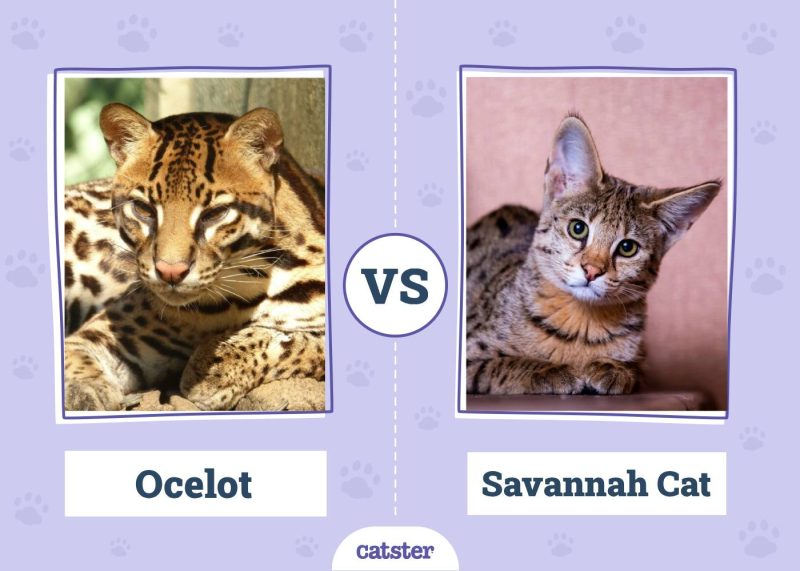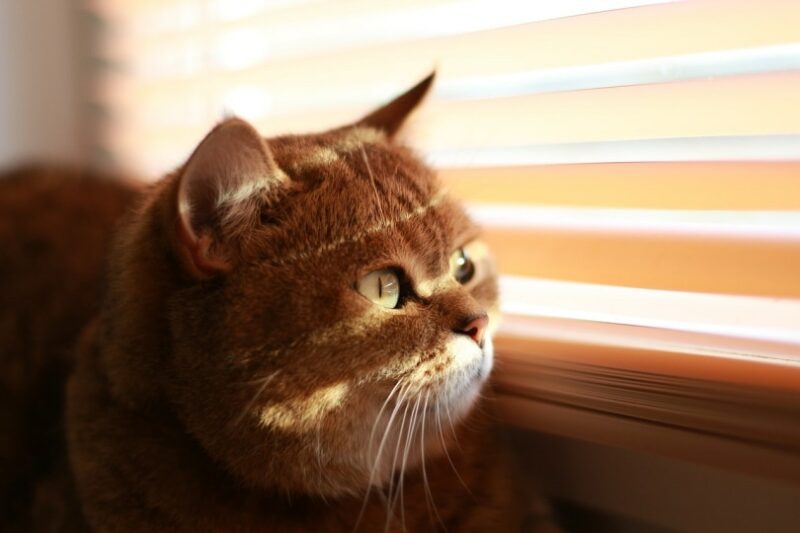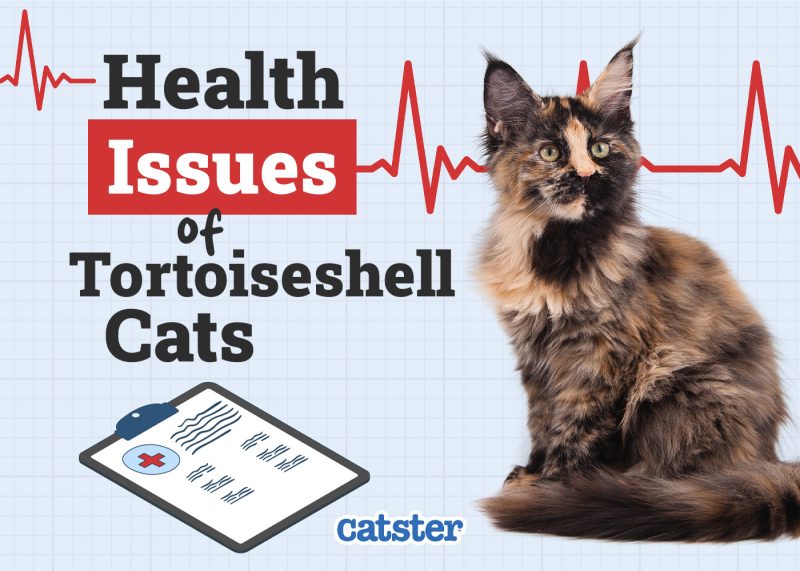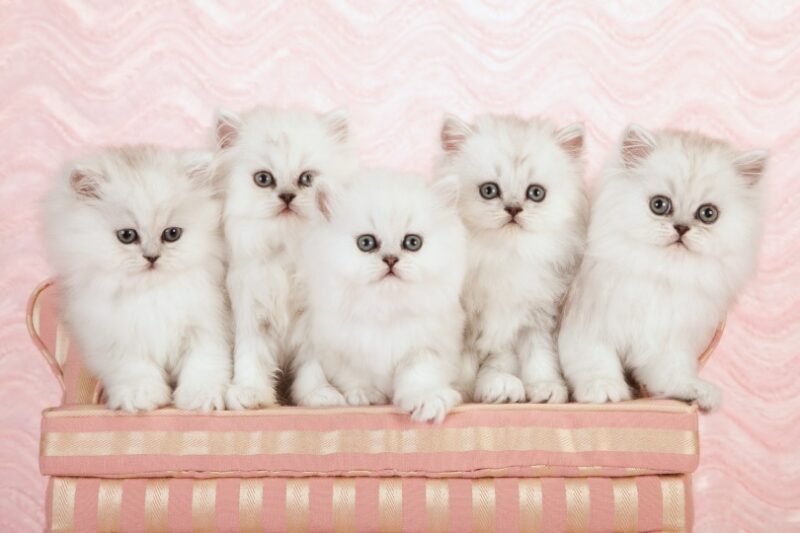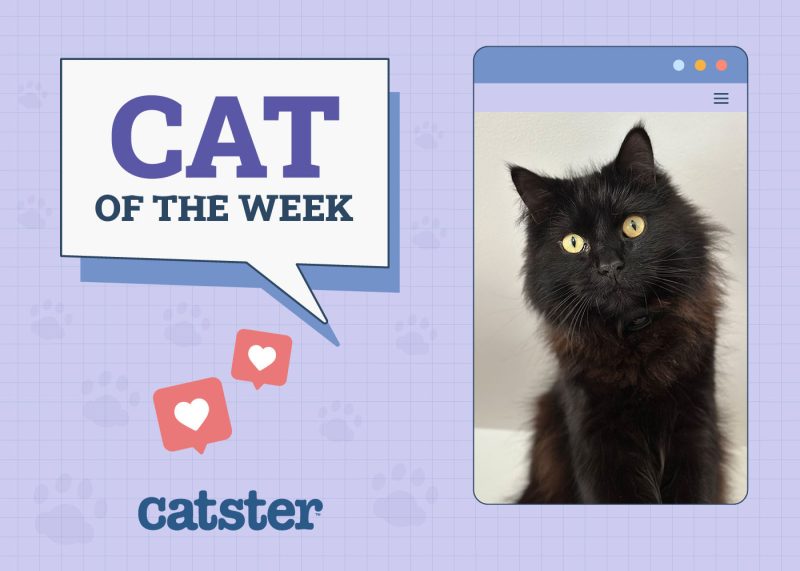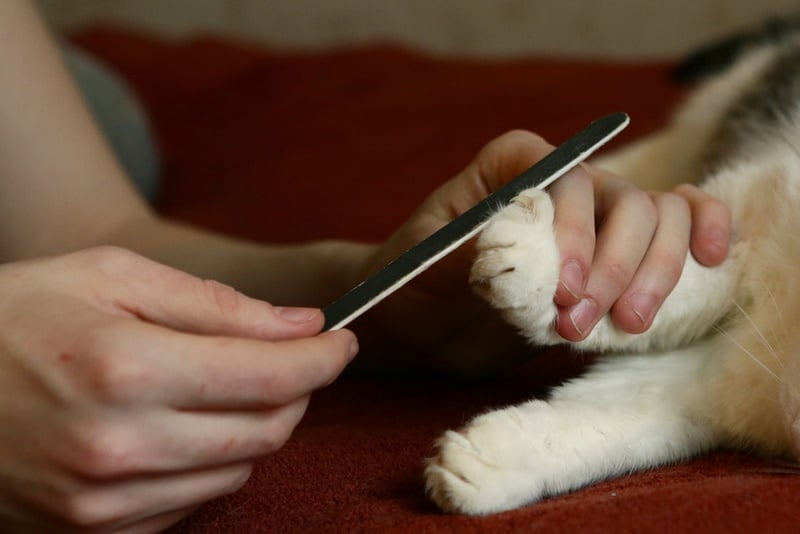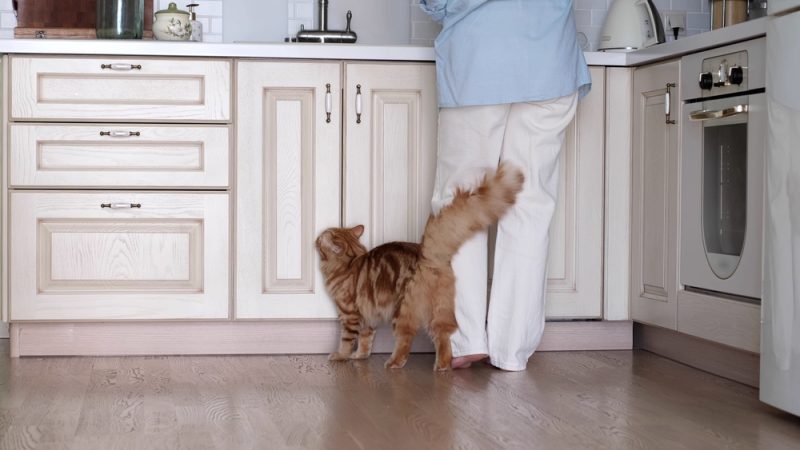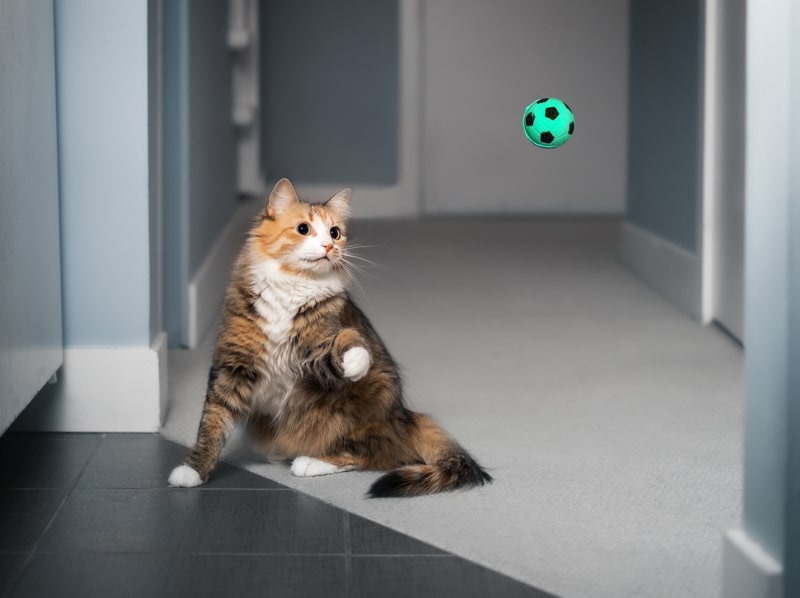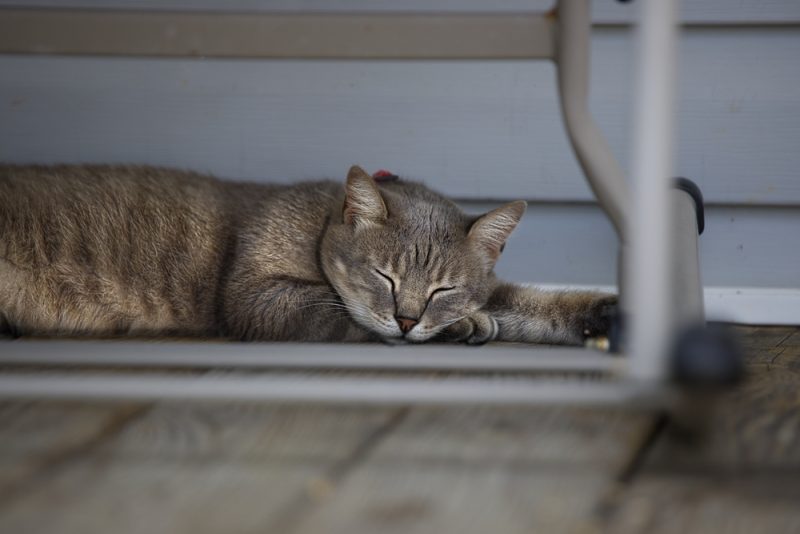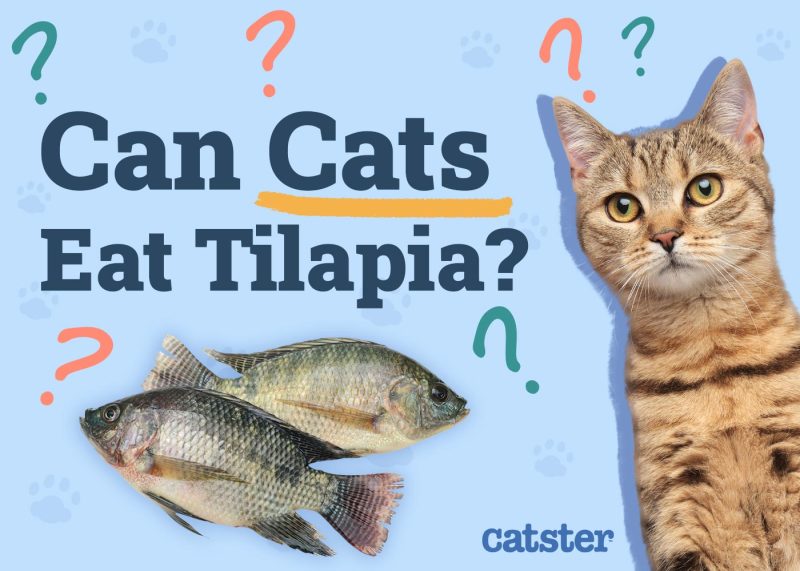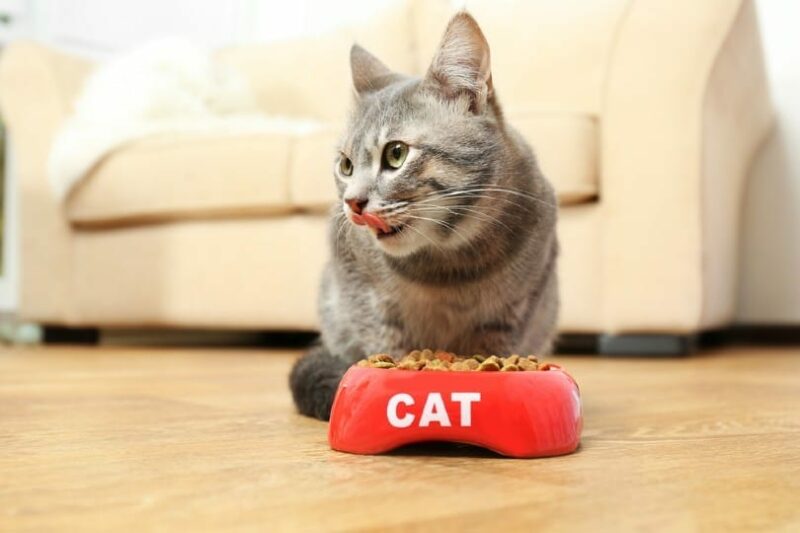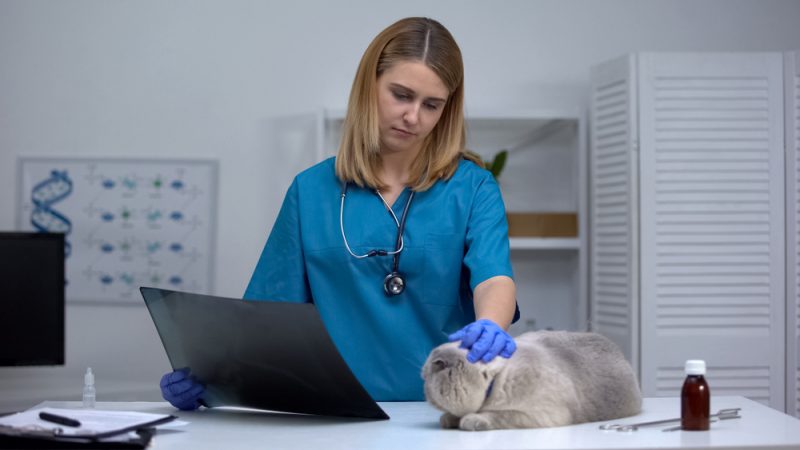In this article
View 3 More +Cheesecake is a delicious, special treat for many people that is often reserved for special occasions. As cat lovers, we all want to share our special occasions with our cats, which means you may have thought about sharing some of that delicious cheesecake with your cat. Cheesecake is not a healthy treat for your cat. Keep reading to learn more!

Can Cats Eat Cheesecake?
It is not recommended to give cheesecake to cats. While it is likely safe to give your cat a small bite of cheesecake on special occasions, cheesecakes contain ingredients not safe for cats, like chocolate and coffee. Ideally, this treat should not be offered to cats due to the risks associated with stomach upset and long-term problems if fed regularly.
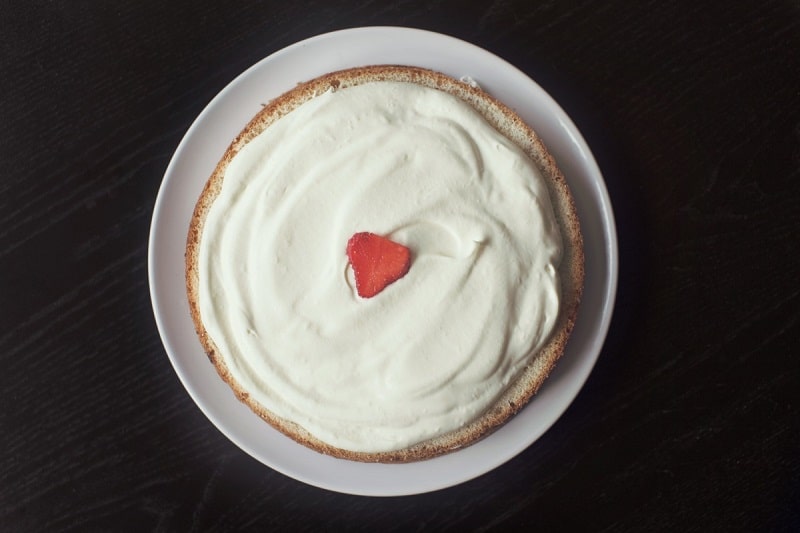
Is It Healthy for Them?
No, cheesecake is not healthy for cats. It is high in processed sugar, which is wholly unnecessary in the diet of a cat. Cats are obligate carnivores that need meat to meet their nutritional needs. They require few carbohydrates, and of the carbohydrates they do need, they don’t need to get them from sugary, processed foods.
As the name implies, cheesecake also contains dairy in the form of cream cheese. While many cats can tolerate very small amounts of dairy, most cats are lactose intolerant, making them unable to properly digest dairy products. Dairy products can lead to stomach discomfort, gas, nausea, vomiting, and diarrhea, especially when combined with processed sugars.
If regularly offered over time, cheesecake can lead to weight gain in cats. Obese cats are at an increased risk of multiple serious health conditions, like diabetes and heart disease. They can also develop arthritis due to excess body weight. It’s best to avoid giving this treat to your cat altogether.

What Are Better Options for Cats?
Since cats are obligate carnivores who require few carbohydrates, you should aim to feed your cat foods and treats that meet their basic nutritional needs. Commercial cat treats are a great option because you know they are formulated with your cat’s nutritional needs in mind. This allows you to have peace of mind knowing that you are not feeding your cat something directly harmful to their health.
Lean meats, like chicken, turkey, and fish, are also good treats for cats. If you feed these to your cat, they should be fully cooked and should have been cooked with no oil, salt, or other seasonings. Your cat will enjoy the taste of it just fine without any extras added! Some cats can tolerate very small portions of dairy but aim to only offer whole, plain dairy, like plain yogurt or cheese. Try to portion dairy products out as bite-sized pieces or smaller. Remember that your cat’s bite-size is much smaller than yours. Reach out to a veterinarian for advice when determining the best and safest diet for your cat.
If you need to speak with a vet but can't get to one, head over to PangoVet. It's an online service where you can talk to a vet online and get the advice you need for your pet — all at an affordable price!

Considerations When Treating Cats
Something that many people lose sight of when offering treats to their cats is that cats have very low nutritional needs compared to humans. This is due to their small size and efficient bodies. Most adult cats only require around 200–350 calories per day, depending on their age, activity level, and health status. Foods that are high in sugar and fat, like dairy-based products, tend to be high in calories as well. For example, an ounce of cheddar cheese contains over 100 calories. One ounce of cheese is a relatively small portion of cheese for a person, but for your cat, it could account for around half of their daily calorie intake! Although it does contain protein and fats that your cat needs, it isn’t the most efficient or healthiest way to help your cat get their nutrients and stay healthy.

Conclusion
While cheesecake may not be a big no-no for cats, it is not recommended. It’s high in sugar, fat, and calories and contains dairy products that may upset your cat’s tummy. Over time, cheesecake can lead to weight gain and weight-related medical conditions that can seriously impact your cat’s overall health and lifespan.
Aim to find healthier alternatives for your cat, even when you’re celebrating on special occasions. Your cat won’t understand what you are celebrating, and they will be just as happy to get a couple of bites of chicken as they would be to get a bite of your cheesecake. By providing healthier alternatives, you can still include your cat without risking their health.
Featured Image Credit: ponce_photography, Pixabay
